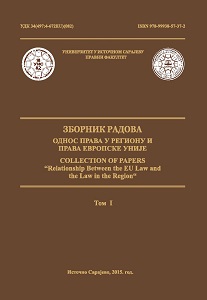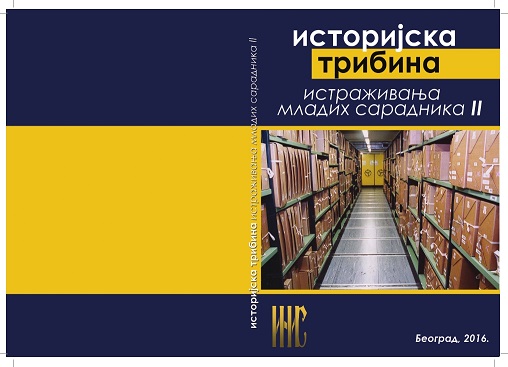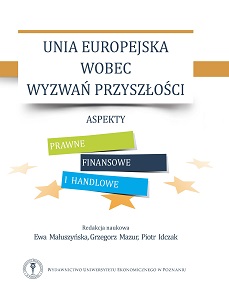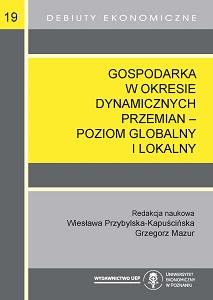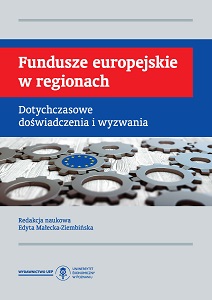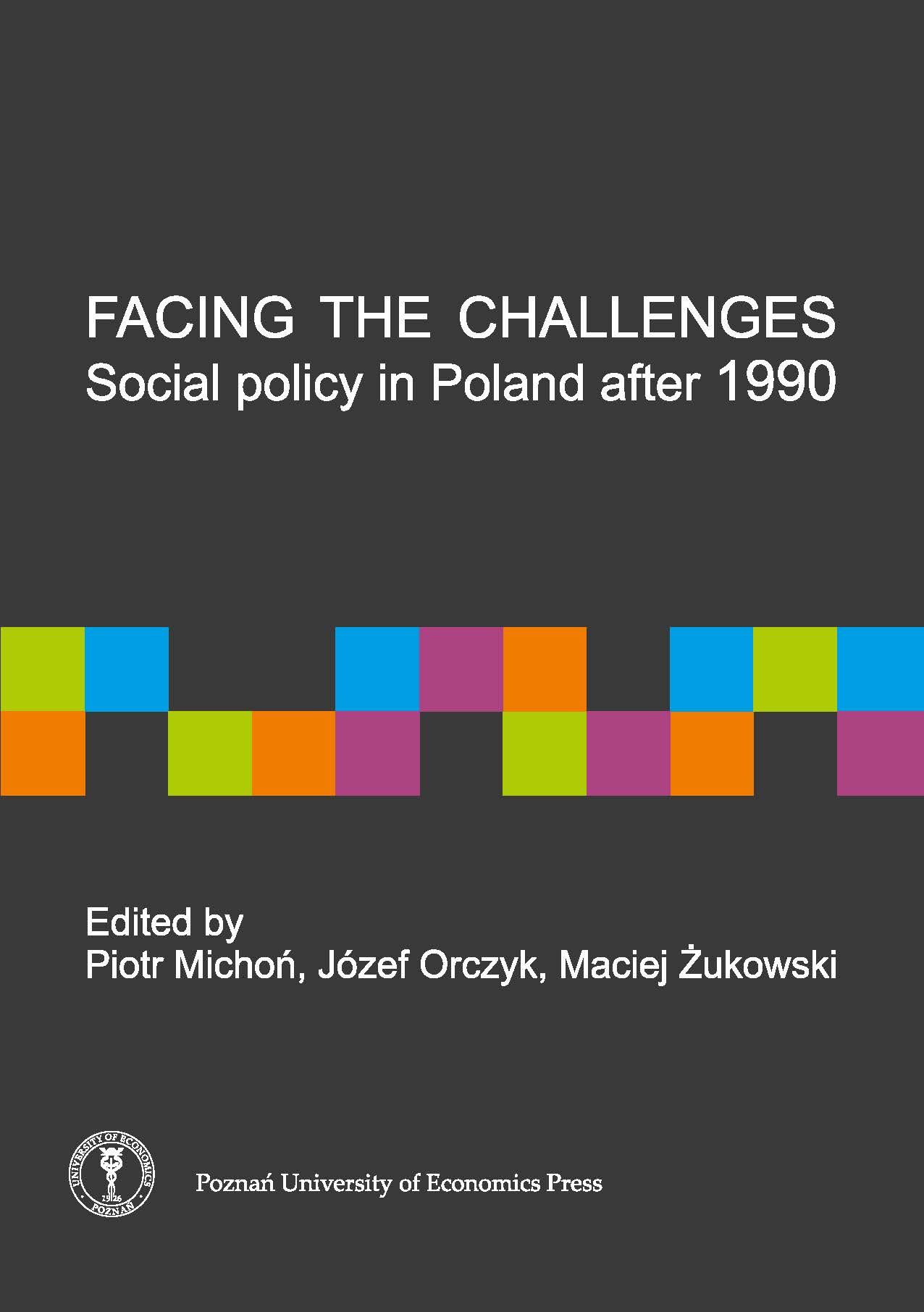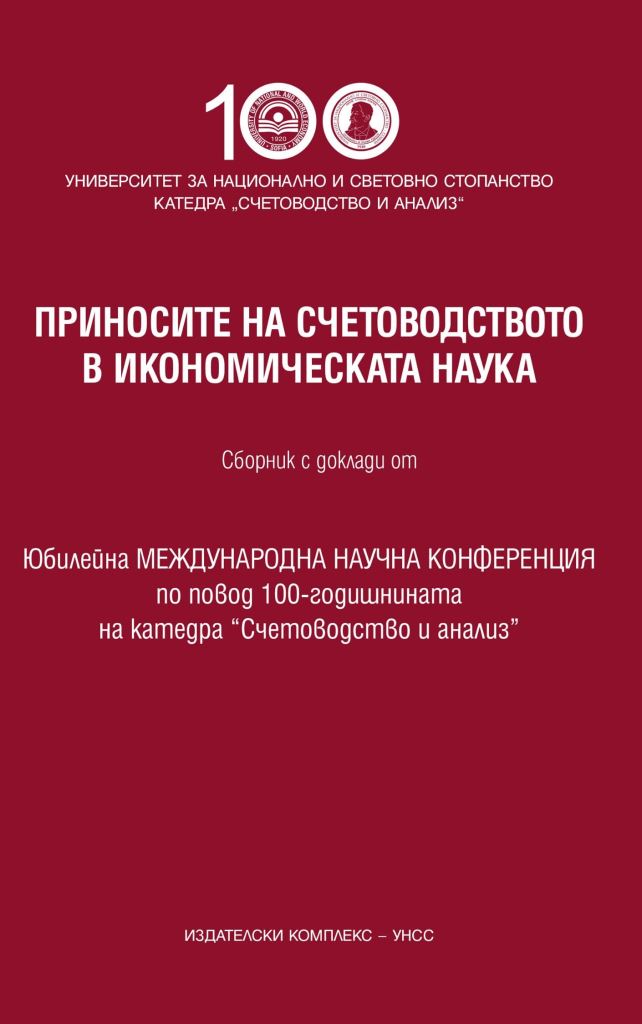
Фіскальна децентралізація доходів місцевих бюджетів на основі механізму формування та реалізації податкових сертифікатів
In the article the mechanism of tax certificates, allowing time to replenish the local budget through property taxation, to encourage taxpayers to tax compliance, promote investment and improve the liquidity of tangible assets in the region. Proved tax certificate has considerable potential for the formation of additional revenues of local budgets in Ukraine.
More...

